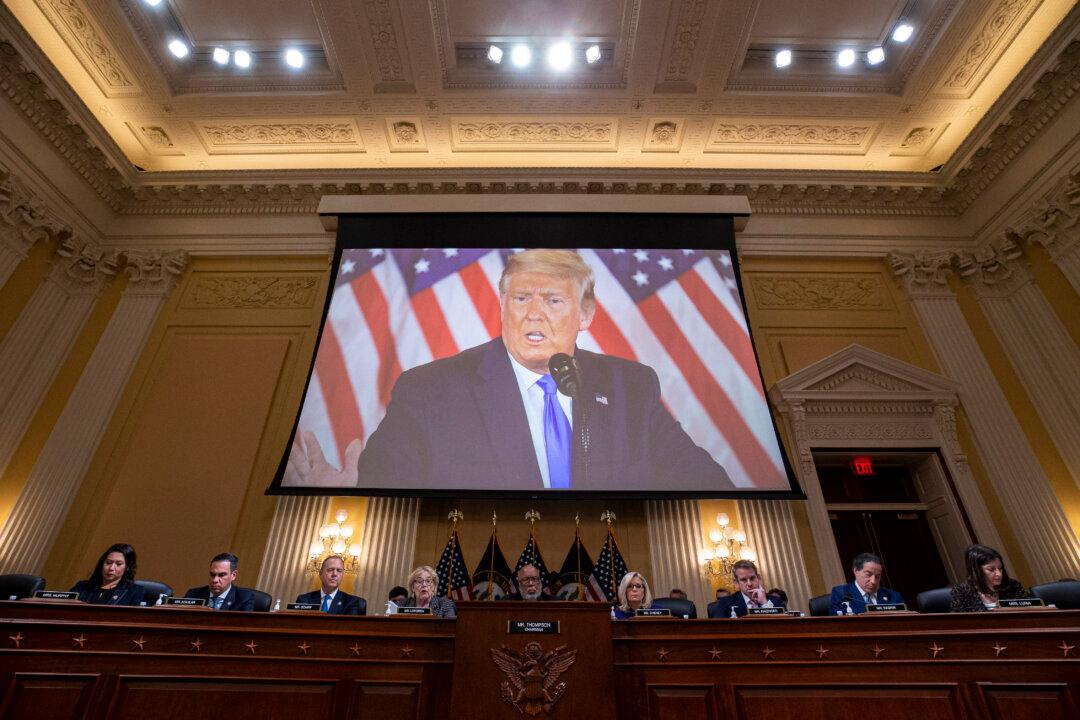The Jan. 6 House Select Committee officially dissolved a day prior to Republicans taking the majority in the House on Jan. 3, wrapping up a whirlwind 18-month investigation of the 2021 Capitol breach.
The committee said it has sent its work to the Department of Justice (DOJ) along with a recommendation for prosecuting former President Donald Trump for four criminal charges including insurrection and conspiracy to defraud the federal government.




